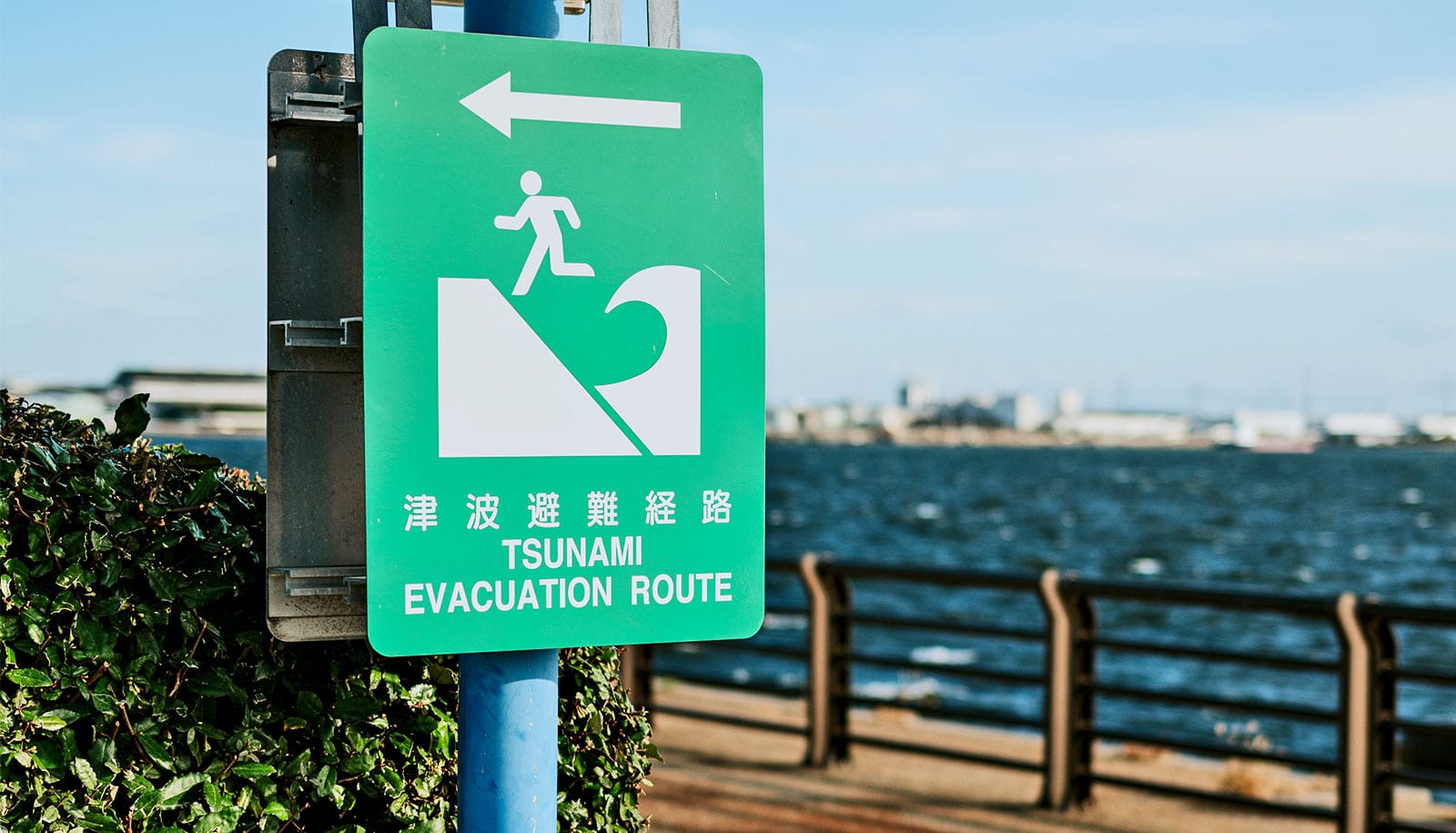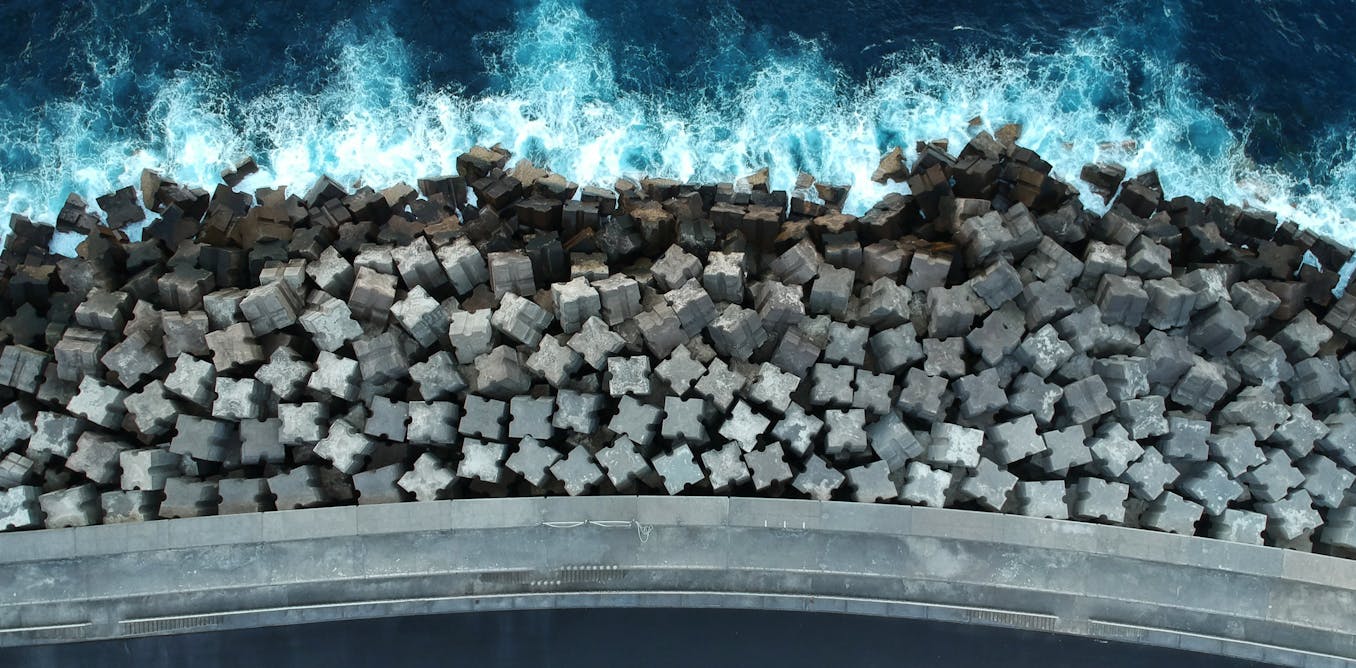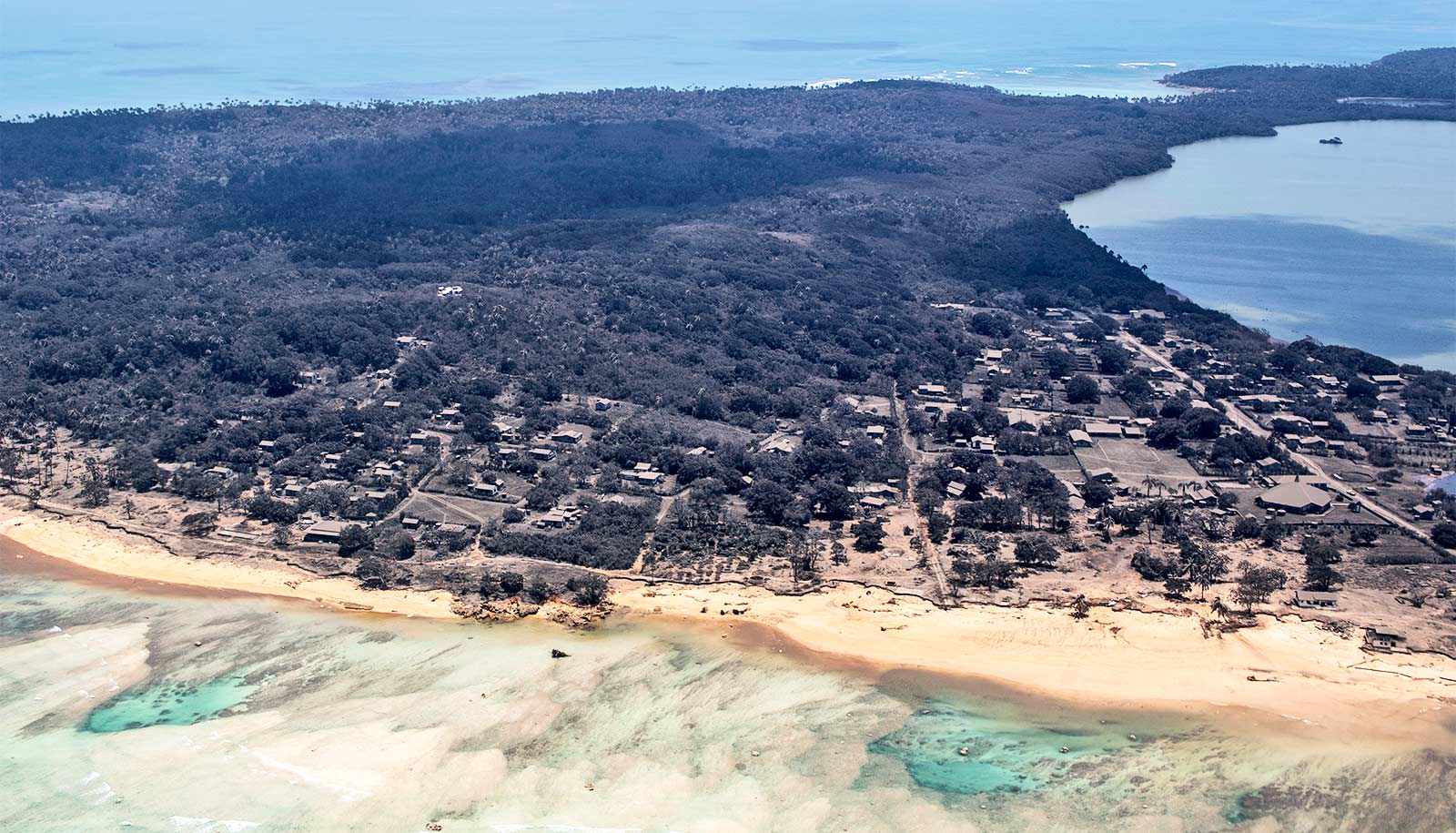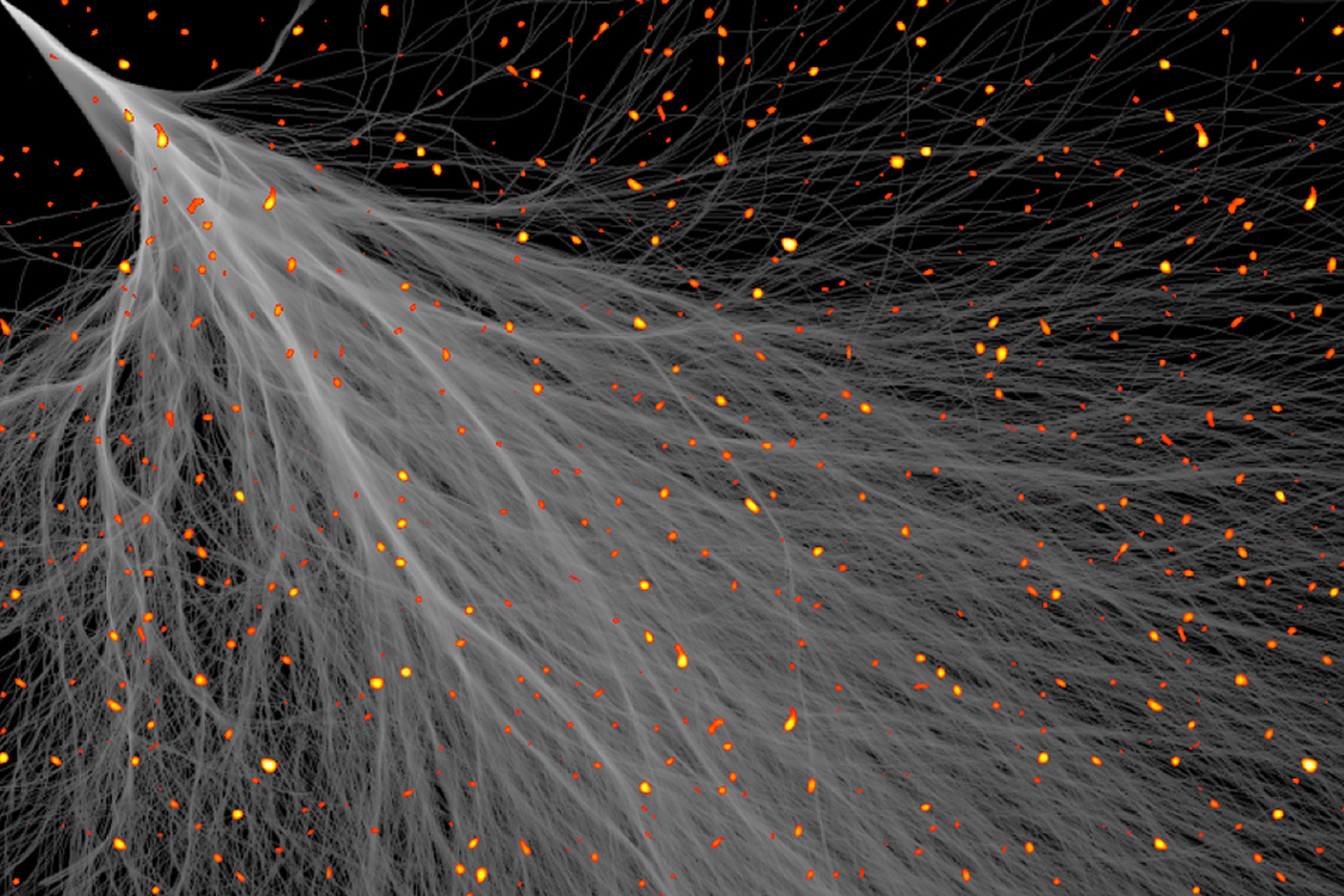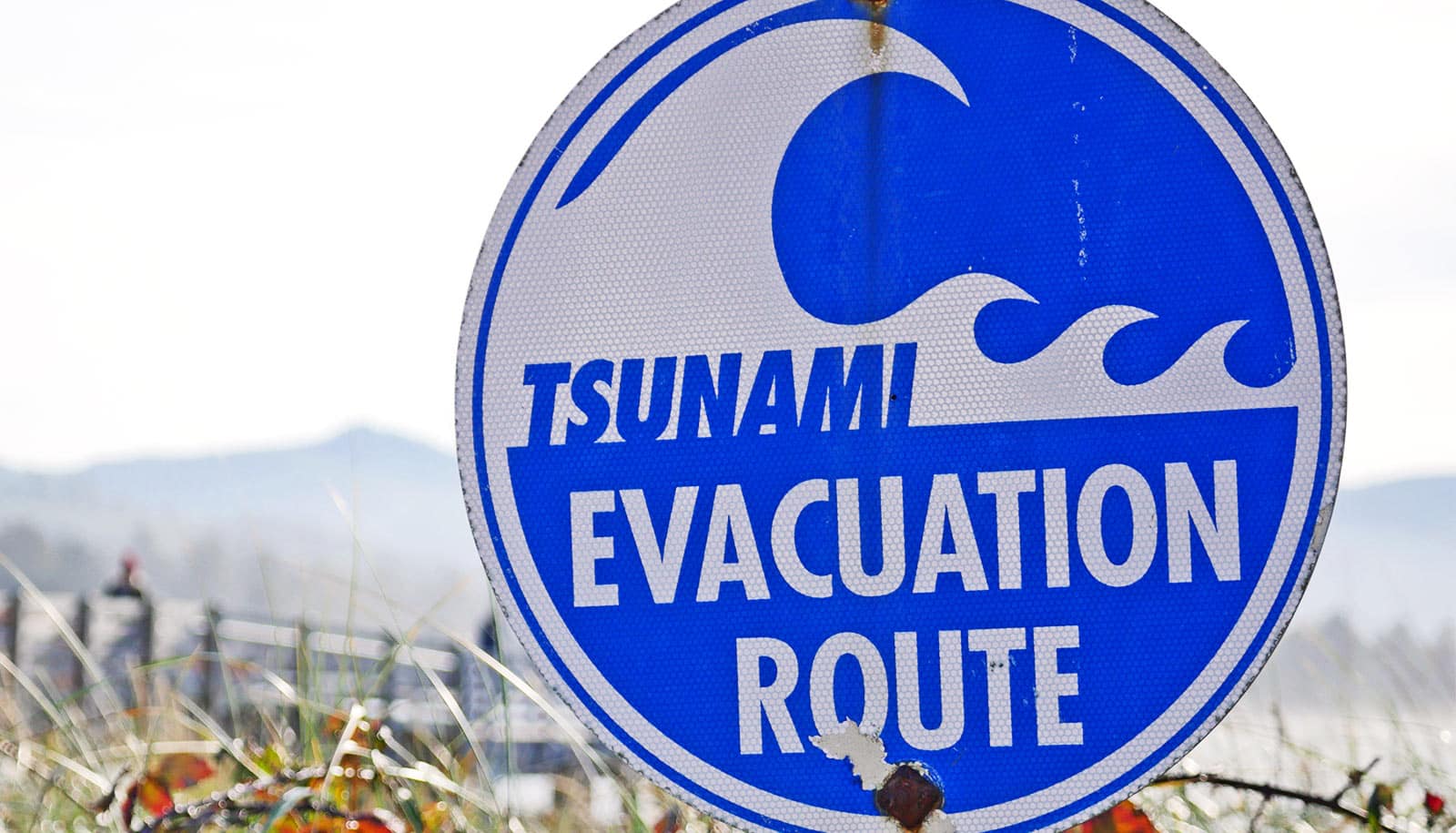How animal traits have shaped the journey of species across the globe
New research looks at how different species have managed to cross geographic barriers throughout history and whether their individual traits played a crucial role in these journeys.
Sarah-Sophie Weil, PhD candidate, Swansea University
• conversation
Oct. 17, 2023 • ~7 min
Oct. 17, 2023 • ~7 min
Why Japan has started pumping water from Fukushima into the Pacific – and should we be concerned?
Japan’s much-criticised plan to release wastewater from Fukushima into the Pacific is underway – and many are concerned.
Edmond Sanganyado, Assistant Professor in Environmental Forensics, Northumbria University, Newcastle •
conversation
Aug. 25, 2023 • ~6 min
Aug. 25, 2023 • ~6 min
Concrete fuels climate change – but there's a nature-friendly way to defend coasts from rising seas
New breakwater designs and more sustainable materials can cut the carbon cost of coastal defences by 40%.
Ali Abbas, Associate Professor of Structural Engineering, University of East London •
conversation
March 22, 2022 • ~7 min
March 22, 2022 • ~7 min
What causes a tsunami? An ocean scientist explains the physics of these destructive waves
Tsunamis aren’t just bigger-than-average waves. Triggered by undersea earthquakes or volcanic eruptions like the one in Tonga, they are fast, massive and potentially destructive. Here’s why.
Sally Warner, Assistant Professor of Climate Science, Brandeis University •
conversation
Jan. 19, 2022 • ~8 min
Jan. 19, 2022 • ~8 min
Dinosaur bones became griffins, volcanic eruptions were gods fighting – geomythology looks to ancient stories for hints of scientific truth
People tell tales to explain what they see – centuries later, scientists try to map handed-down myths onto real geological events.
Timothy John Burbery, Professor of English, Marshall University •
conversation
Aug. 6, 2021 • ~12 min
Aug. 6, 2021 • ~12 min
/
2

